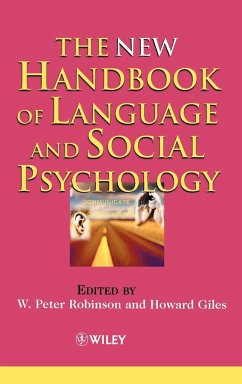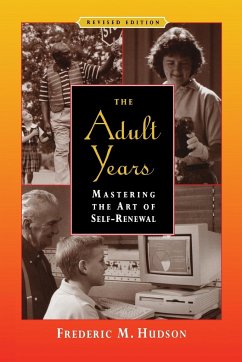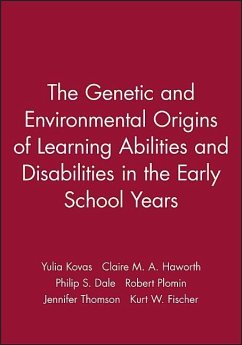
The Handbook of School Psychology
Versandkostenfrei!
Versandfertig in über 4 Wochen

PAYBACK Punkte
126 °P sammeln!




As the standard reference in the field, this edited handbook focuses on how a school psychologist can operate and create change within the educational system instead of focusing solely on the diagnosis and treatment of an individual. Chapters have been updated and revised to provide a contemporary view of the field.
Cecil R. Reynolds, PhD, earned his Doctoral Degree from the University of Georgia in 1978 with a major in School Psychology and minors in Statistics and in Clinical Neuropsychology. He is the author of more than 300 scholarly publications and author or editor of more than 40 books. He is he author of several widely used personality and behavior tests including the Behavior Assessment System for Children and the Revised Children's Manifest Anxiety Scale. He is also senior author of the Test of Memory and Learning, the Clinical Assessment Scales for the Elderly, and coauthor of several computerized test interpretation systems.He maintained a clinical practice treating trauma victims and individuals with Traumatic Brain Injury for 25 years. Dr. Reynolds is a past president of the National Academy of Neuropsychology and APA Divisions 5 (Evaluation, Measurement, and Statistics), 40 (Clinical Neuropsychology), and 16 (School Psychology). Dr. Reynolds is a corecipient of the Society for the Psychological Study of Social Issues Robert Chin Award. In 1999, Dr. Reynolds received the Senior Scientist Award from APA Division 16 (School Psychology). In 2000, he received the National Academy of Neuropsychology's Distinguished Neurophysiologist Award, the Academy's highest award for research accomplishments. He received the NASP 2003 Lifetime Achievement Award in Neuropsychology. He is currently a Professor of Educational Psychology and Neuroscience, and Distinguished Research Scholar at Texas A&M University.
Produktdetails
- Verlag: Wiley
- 4th edition
- Seitenzahl: 992
- Erscheinungstermin: 1. September 2008
- Englisch
- Abmessung: 251mm x 188mm x 38mm
- Gewicht: 1497g
- ISBN-13: 9780471707479
- ISBN-10: 0471707473
- Artikelnr.: 22773817
Herstellerkennzeichnung
Libri GmbH
Europaallee 1
36244 Bad Hersfeld
gpsr@libri.de
Für dieses Produkt wurde noch keine Bewertung abgegeben. Wir würden uns sehr freuen, wenn du die erste Bewertung schreibst!
Eine Bewertung schreiben
Eine Bewertung schreiben
Andere Kunden interessierten sich für











